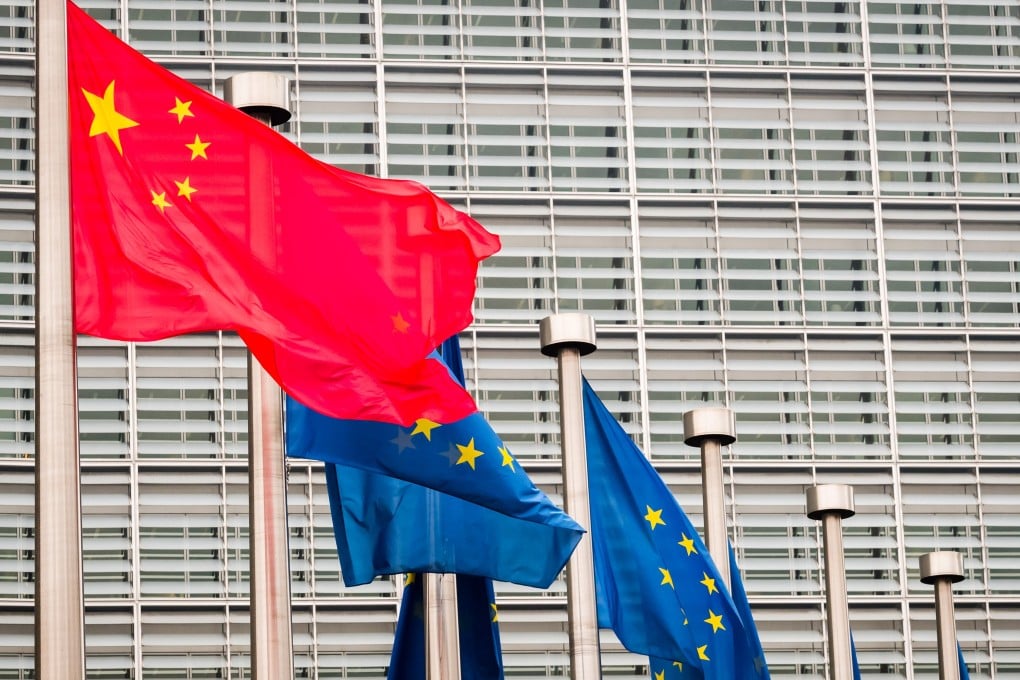Advertisement
Asian Angle | Why the EU-China investment deal is no free pass for Beijing
- As China becomes enmeshed in European and Asian markets through the CAI and RCEP trade deals, breaking the rules will come at a greater cost to Beijing
- US sanctions have earned it special access to China’s market while disadvantaging European competitors. The CAI levels the playing field
Reading Time:4 minutes
Why you can trust SCMP
16

On December 30, 2020, all 27 member states of the European Union agreed to the Comprehensive Agreement on Investment with China after seven years of negotiation.
Advertisement
The deal, known as the CAI, is being portrayed in Western media as a strategic victory for China over a naive, desperate Europe – one that took place in the lead up to Joe Biden’s inauguration as president of the United States. Europe’s leaders, critics argued, had limited the options for the Biden administration and given too many concessions to China with little hope it would honour its commitments.
The investment agreement is a positive development that would risk serious reputational damage if China did not honour it.
This agreement follows China’s reform and liberalisation commitments in the Regional Comprehensive Economic Partnership (RCEP) that brings Asean (the Association of Southeast Asian Nations), China, Japan, South Korea, Australia and New Zealand into the world’s largest trade agreement. Chinese President Xi Jinping has also signalled interest in joining the Trans-Pacific Partnership, which would require fundamental reform to state-owned enterprises for any chance at membership.

Advertisement
Major powers have a tendency to act outside their treaty commitments in defiance of international rules when it suits them. All of East Asia and Europe locking China into rules and enmeshing it into international markets through RCEP and the CAI significantly raises the costs of Chinese unilateral behaviour that contravenes those agreements. China’s record in observing commitments is on par with that of other major powers, even in the face of unilateral sanctions from the United States.

Advertisement

